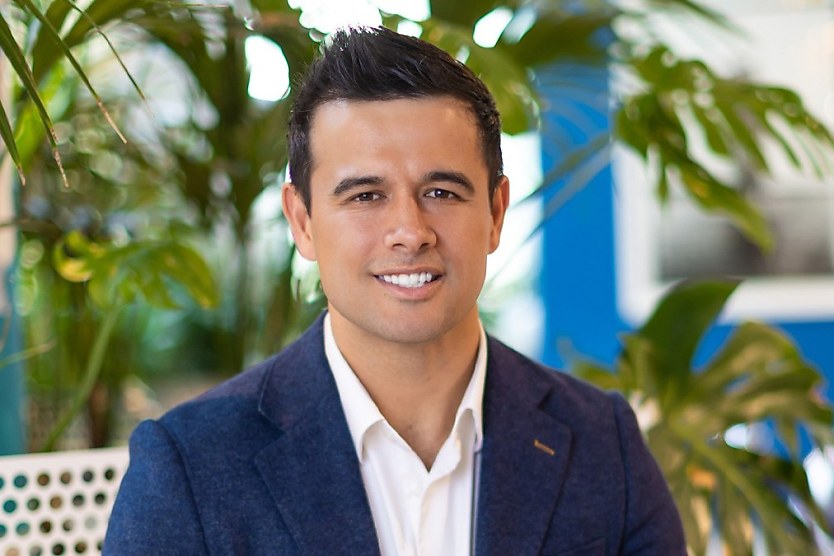Aussie workers want employers to ‘show them the money’
SHARE THIS ARTICLE

A new report has revealed that Aussie workers are exploring different pay avenues for purchases while waiting for the salary to roll in.
Recent studies carried out by Deel have revealed that more than half (52 per cent) of office workers have relied on short-term financial tools such as payday loans, earned wage access, or buy-now-pay-later services while stuck in limbo waiting for their salary.
“A quiet crisis is reshaping what the Australian workforce, particularly younger Australians, really want: customisation, flexibility, and transparency,” said Deel ANZ country lead Shannon Karaka.
The findings discovered that Aussie office workers are striving for flexibility from their employers on how they are getting paid, with two-fifths (40 per cent) wanting to be paid before their assumed fortnightly or monthly cycles.
“Many employees just want their employers to ‘show them the money’,” said Karaka.
“Almost two-thirds of Australians (64 per cent) would prefer a higher salary for less paid leave or fewer benefits, 66 per cent of Gen Z would trade less paid leave for a higher salary, while only 49 per cent of Baby Boomers would make that trade. Gen Z and Millennials are expecting employers to provide access to their earned wages.”
This concern from workers has sparked an increase in side hustles, with around 3.2 million Australians (56 per cent) having taken on, or plan to take on, a side hustle in an attempt to augment their salaries and combat the cost of living.
“And for those bringing a side hustle to life, around a quarter (24 per cent) of Gen Z employees have at least a second job, compared to just 6 per cent of Boomers. Whether this is a temporary response to current cost-of-living and housing challenges or a more permanent trend will be fascinating to see,” said Karaka.
With frustration around pay cycles already existing throughout the workforce, payroll issues can exacerbate this frustration. According to the report, one-third of workers (34 per cent) have experienced pay issues in the past two years, yet nearly half (50 per cent) of employees feel that their salaries are not transparently determined by their employers.
“The demand for flexibility and immediacy from payroll was particularly strong among the Gen Z and Millennial cohorts, and employers could use earned wage access as a retention or recruitment tool; however, they would have to invest in the latest technology platforms.
“The payroll of 2030 will be built around younger cohorts, and employers will have the flexibility of tailoring payroll to each employee. Businesses that can adapt to these needs have a huge competitive advantage as a destination of choice for prospective employees,” said Karaka.
Kace O'Neill
Kace O'Neill is a Graduate Journalist for HR Leader. Kace studied Media Communications and Maori studies at the University of Otago, he has a passion for sports and storytelling.

